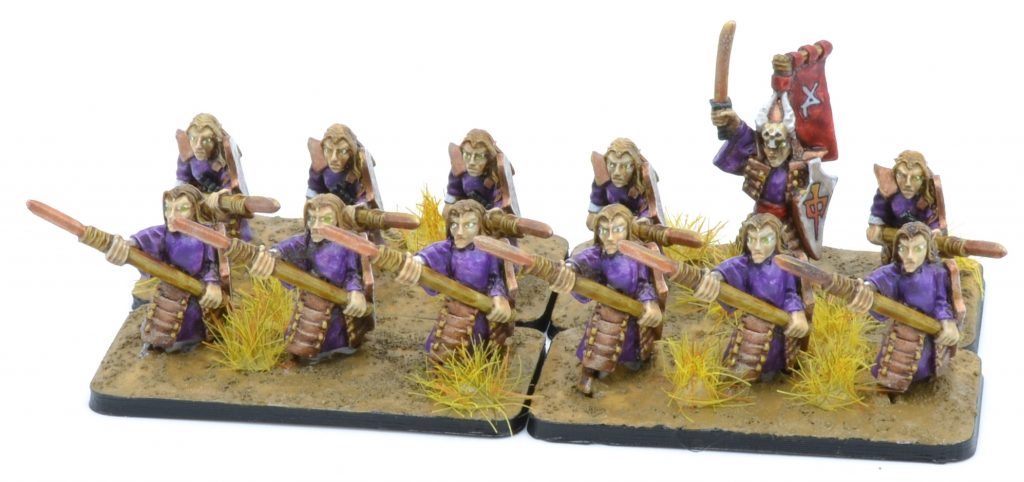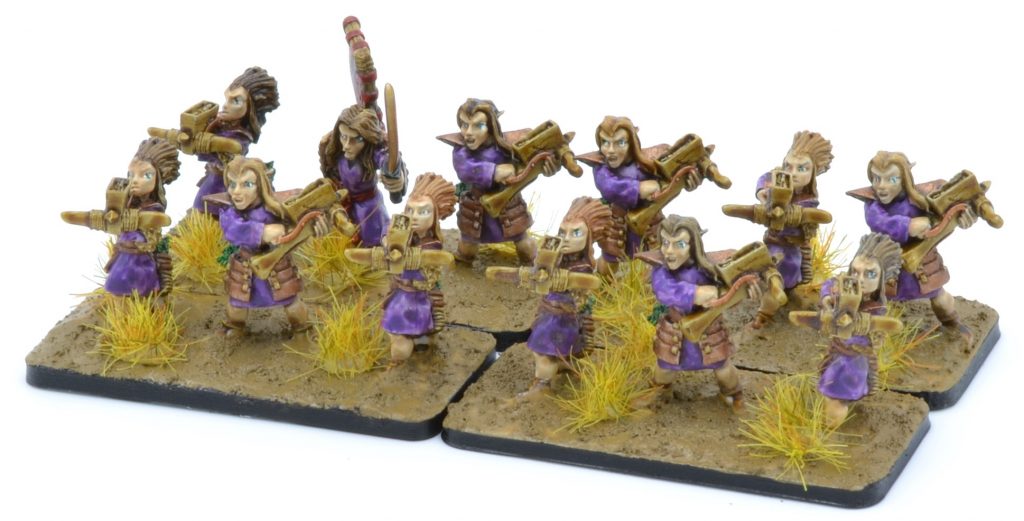As was stated in an earlier post, the Elves split over time into three major groupings. We have already covered the Thanaril or “Wood Elves” in some detail. The Thanaril are the Elves that have stayed most true to their original form. The other two groups, the Ilah Ri or High Elves and the Cirgoth or Dark Elves moved away from the traditional forest dwelling nature of their kin.
Both the Ilah Ri and the Cirgoth preferred organised living spaces and much prefer to build cities and towns. The schism came when the Cirgoth rebelled against the rigid, formalised societal structure that the Ilah Ri dictated.
The Cirgoth preferred and demanded a more open and free societal structure. They were more interested in the individual accomplishments of their people and much preferred a meritocratic style of leadership. To be a leader in a field of endeavour, the Cirgoth stated, you first had to be good at whatever that field of endeavour was. All forms of hereditary leadership structures were thrown out and it became impossible to inherit any form of title. However, for the first few centuries of governing this way, there was almost pure anarchy. Leadership positions changed frequently and the whole of the society stayed unstable and fractious. This made them vulnerable to their brethren and the Ilah Ri in particular took full advantage to wipe enclaves of the Cirgoth out.
But the Cirgoth survived and persisted and eventually worked out a mechanism by which the meritocratic nature of their desired society could be maintained while provided a level of stability and prosperity for all of their sub species. This would in turn lead to victories on the battlefield where previously they’d been disorganised. Their opponents got more than one nasty shock when a competent, well trained and well lead Cirgoth army triumphed instead.

Domestically they flourished as well. As the different political and social structures and rules sorted themselves out, great gains were made in areas of knowledge, craft, manufacture and technology. While the population remained smaller in general than the nations of their kin, they punched well above their weight when it came to producing goods for sale or weapons for war. Also, being free to pursue any and every form of magic, the Cirgoth mages unlocked secrets that remained hidden away from both the Ilah Ri and Thanaril. The other elves were most horrified indeed when they discovered the Cirgoth mages had started to perfect the magics involving blood and death.
The Cirgoth society revolves around individual accomplishment. While this was practised in its most pure form in the earliest days of their civilisation, they began to understand that the individual performs best when they are given the support and structure of an organisation that is put in place to enhance their efforts. Thus a set of codes began to be written to govern how an individual would interact within their chosen field of endeavour and how that individual could interact with others. There are now complex mechanisms for choosing which individual is considered the premier exponent of their craft or profession and where patronage is applied or withheld.
A choice is demanded of each individual within Cirgoth society to take up one, and only one pursuit at a time. These pursuits are then undertaken with a minimum time being spent on them. The minimum time is determined by a particular guild’s laws and can range from as short as ten years to as long as a century. The more difficult and dangerous a pursuit is, the longer its guild demands an individual spend perfecting it. An example would the be the guild of summoning having a seven decade minimum term.
Once pursuit the term is completed, the individual Cirgoth is freely permitted to change pursuits with no penalty applied. They may also continue the same pursuit with no minimum term specified as they are considered to have served their apprenticeship. Like all Elves, the Cirgoth are very long lived and a lifetime may consist of the mastery of several pursuits.

The martial pursuits are held in high esteem by the Cirgoth. The early travails with their kin taught them the need to have an effective military organisation and much time, money and effort is spent on ensuring that a Cirgoth settlement is able to defend itself effectively. Units train hard and excel at their weapons and tactics. A Cirgoth force is usually small, highly mobile, motivated and deadly. The minimum pursuit term for military activities is often much shorter than those for others and young Cirgoth are encouraged to participate. This has the flow on effect of having a citizenry that is often well trained in the military arts and can form ad-hoc defensive units when required. It is a brave move to attack a Cirgoth settlement without anything other than overwhelming force and even then it can be a near-run thing.
